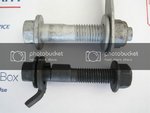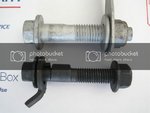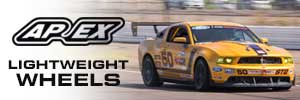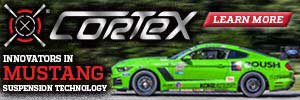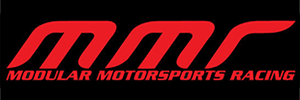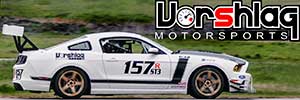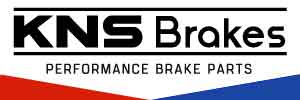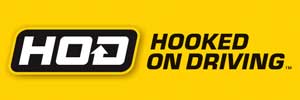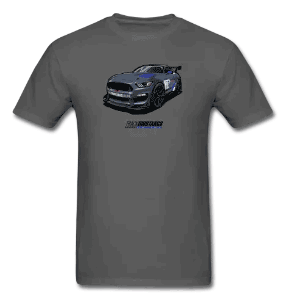- 1,482
- 408
Grant 302 said:Bolts set negative do take away from tire and wheel to strut clearance. That's the main negative to me.
In addition, camber bolts are undersized for the holes, have less contact area, and are located at a critical hinged load point plus are torqued to less than the requirement of the factory bolt - all in all a bad combo. I'm not sure why people go that route, is it to save money?
